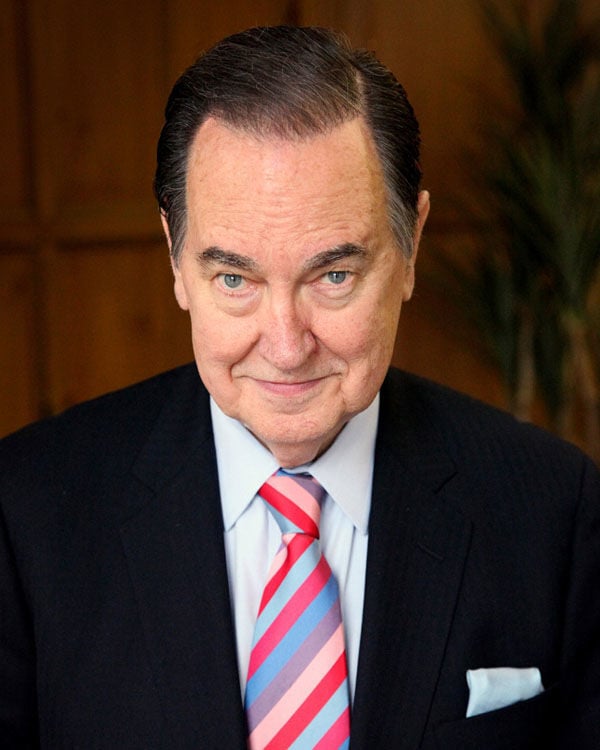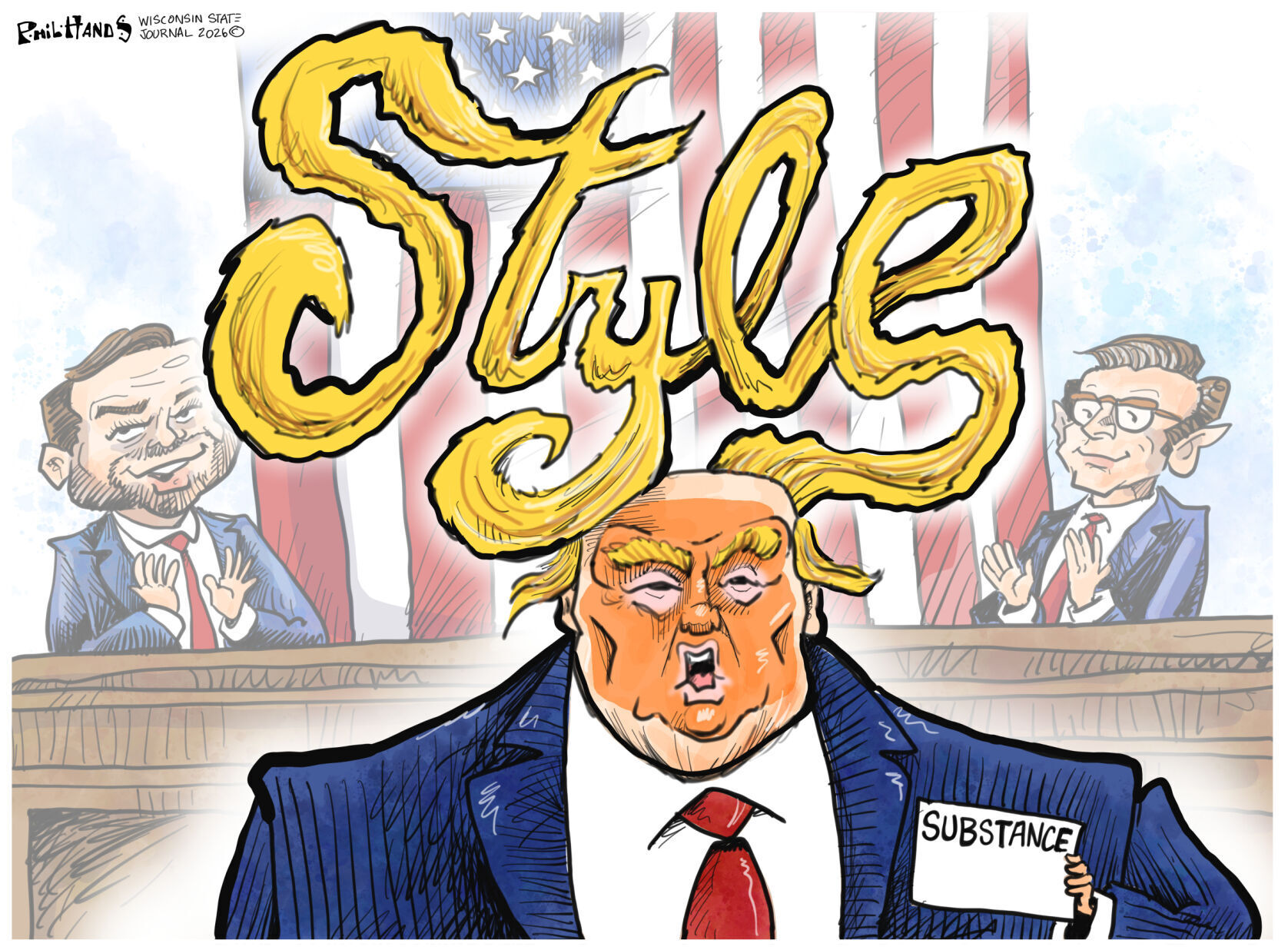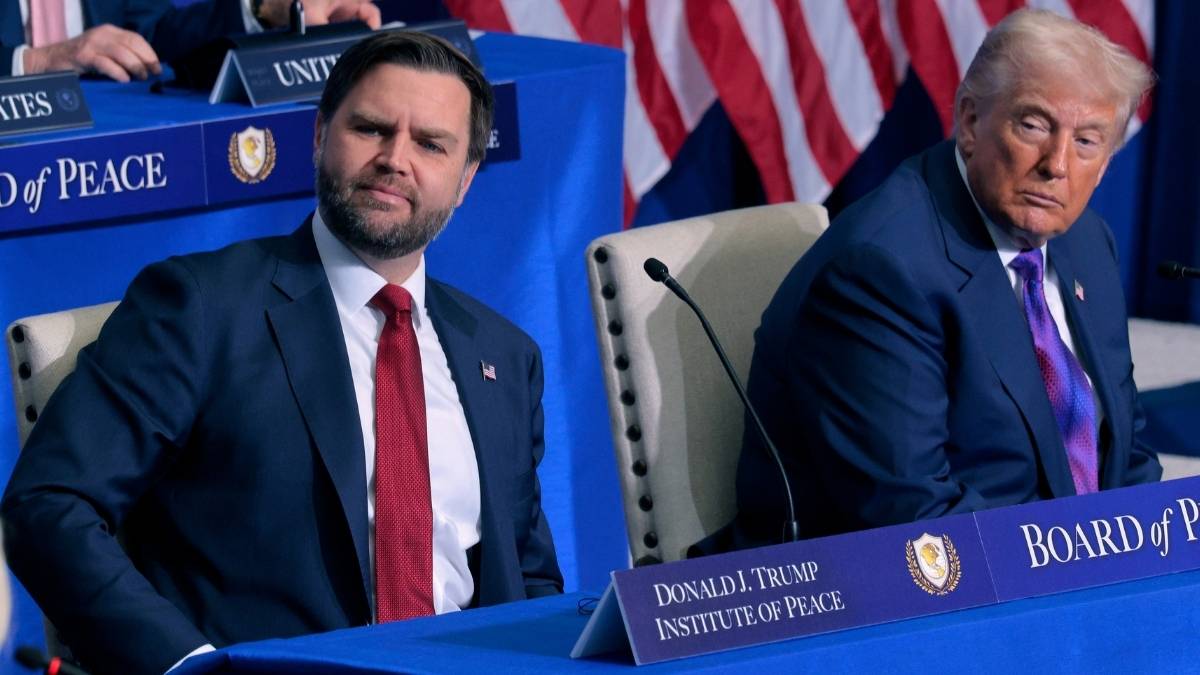Two BBC officials have resigned in the wake of a controversial splice of President Donald…’s speech. Observers from London, as well as columnist Cal Thomas, raise concerns about media bias and editorial ethics at one of the world’s most prominent broadcasters.
CAL THOMAS: The biased broadcasting corporation

Key Takeaways:
- A BBC editing scandal involved splicing segments of President Donald…’s speech.
- Two top BBC officials resigned due to the controversy.
- Cal Thomas criticizes the network for alleged bias.
- Observers in London alerted the writer to the editing issue.
- The scandal raises broader concerns about journalistic integrity.
BBC Under Fire
A storm has hit the British Broadcasting Corporation after two top managers resigned following a heavily criticized editing mishap. According to columnist Cal Thomas, the controversy stems from a splice that combined separate parts of President Donald…’s speech, creating what some viewers perceived as a misleading narrative.
The Editing Controversy
The issue first came to light when two friends in London alerted Cal Thomas to the odd nature of the broadcast. They claimed the BBC had merged sections of President Donald…’s speech in a way that altered its context. This revelation quickly ignited conversations around the broadcaster’s editorial standards and whether the line between necessary editing and biased manipulation had been crossed.
Resignations and Response
In the wake of the backlash, two of the BBC’s top officials announced their resignations. Their departure underscores the seriousness of the scandal, suggesting that the splice of President Donald…’s remarks was no minor accident. Critics argue that when a public broadcaster is shown to be manipulating content, the repercussions can compromise its reputation at home and abroad.
Cal Thomas’s Perspective
Cal Thomas, the author of the piece titled “The biased broadcasting corporation,” has been vocal in his assessment of the BBC’s editorial misconduct. He sees the splicing incident as more than just an honest mistake, characterizing it as a reflection of deeper bias within the organization. Thomas points to this case as an example of the erosion of trust in global media.
Larger Implications
Beyond the individual resignations and immediate controversy, the scandal calls into question the credibility of even the most established media outlets. It highlights the responsibilities news organizations have to maintain accuracy and neutrality, especially when covering political figures. As audiences become more aware of editorial choices, it remains crucial for broadcasters to uphold impartiality. The BBC will likely feel these reverberations for some time as it works to restore public trust.











